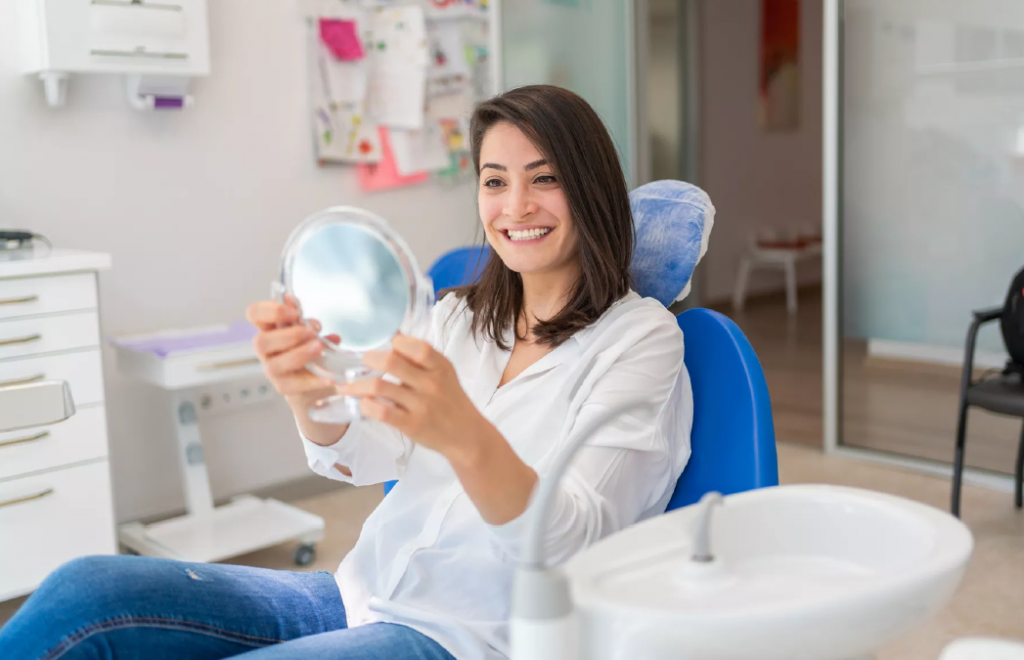Of the two forms of sleep apnea, Obstructive Sleep Apnea (OSA) is the more common condition. Your airway either collapses or is blocked while you sleep. This blockage leads to a common sleep apnea symptom: snoring. Unfortunately, many ignore the snore. As a result, their sleep apnea goes undiagnosed. This is dangerous, as undiagnosed obstructive sleep apnea may shorten your life and lead to many health problems.
OSA restricts the amount of oxygen your lungs can take in while you sleep. This affects your health in many different and adverse ways. Decreased oxygen intake drastically affects your cognitive ability, putting you at greater risk of suffering a work or driving-related accident. A lack of oxygen also greatly increases your chances of suffering a heart attack, and nearly 80% of all nocturnal strokes can be directly attributed to OSA. If left untreated, obstructive sleep apnea can shorten your life from anywhere between 12-15 years.
While there is no permanent cure for obstructive sleep apnea, diagnosis and treatment will alleviate its effects. Proper treatment can ensure that your OSA won’t shorten your life.
An accurate diagnosis is the first step in effectively managing your OSA. The qualified team at Hudson Valley Sleep Solutions stands ready to determine the cause of your sleep issues. The first step is a simple questionnaire. After identifying risk factors from your responses, our team will provide you with a take-home test. This will monitor your sleep breathing patterns.
Testing can determine the strength and severity of your sleep apnea. Afterwards, our team will design a proper course of treatment. We have undergone advanced training with Sleep Group Solutions, so we can create a personalized treatment plan that best helps you manage your OSA.
Based on the severity of your OSA, there are several effective forms of treatment available to you. For mild to moderate cases, treatments range from simple lifestyle changes to a host of oral devices or breathing devices you wear while you sleep. An oral device for obstructive sleep apnea is similar to a retainer. It will shift your jaw position to prevent obstructions. A breathing device, on the other hand, uses mild air pressure to keep your airway open. If your case is more severe, we will never hesitate to refer you to the proper physician or specialist so that you can receive the best treatment.



